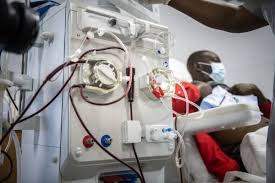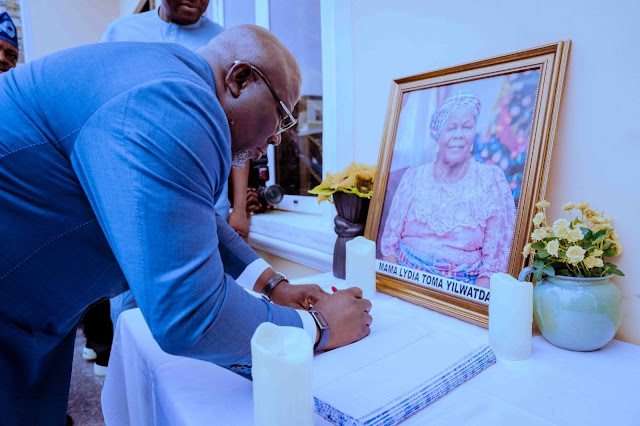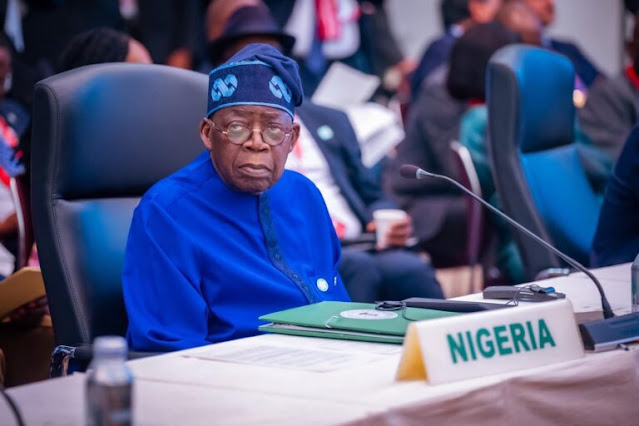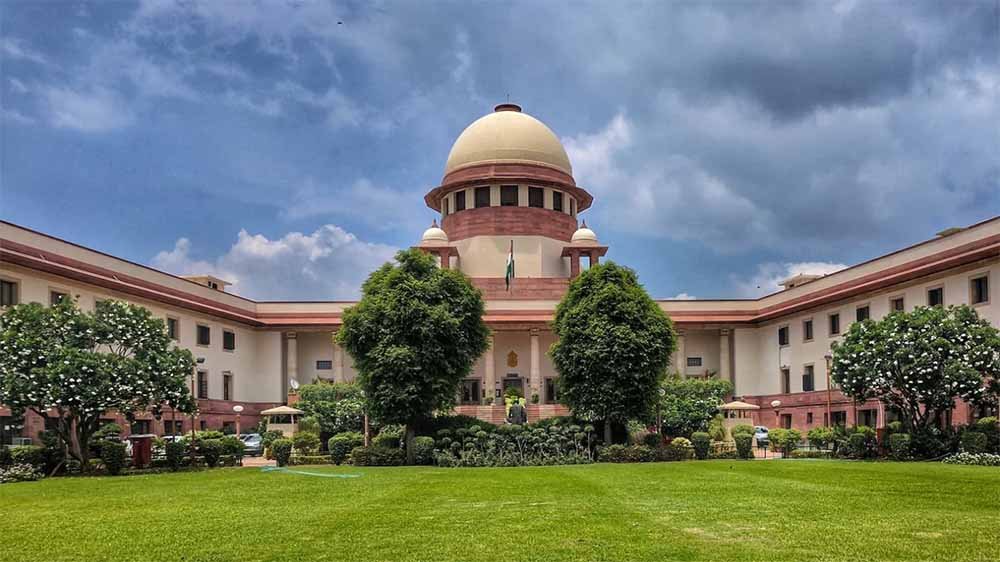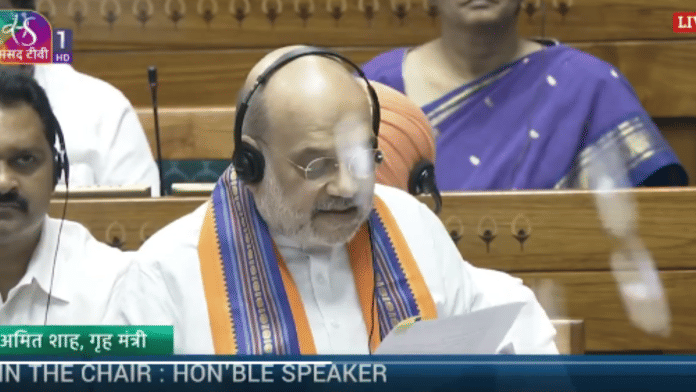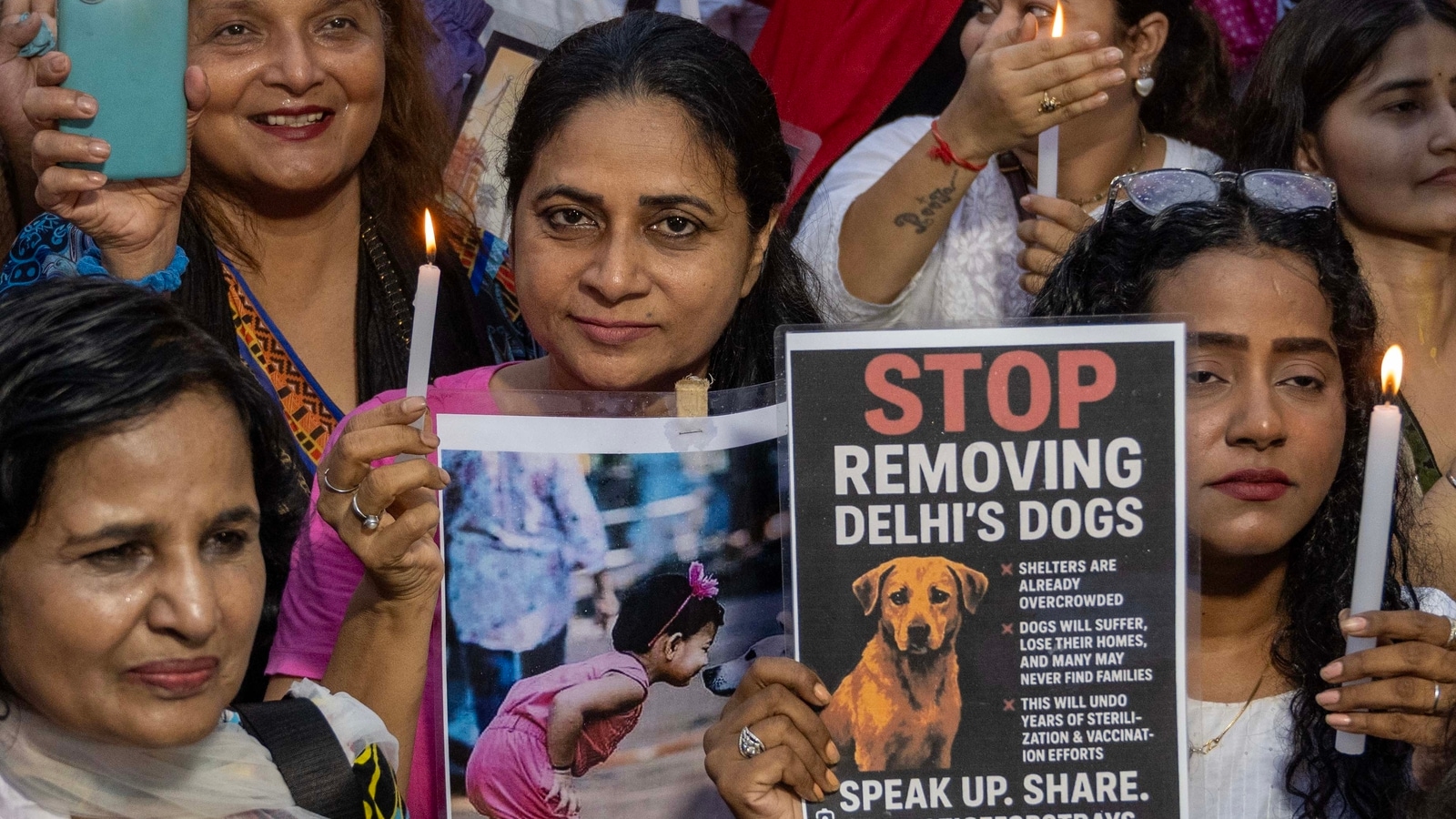The Federal Government’s decision to slash the cost of dialysis from N50,000 to N12,000 in federal medical centres and teaching hospitals has offered real relief to thousands of Nigerians. For patients with kidney disease and their families, who have lived for years under the crushing burden of hospital bills, this is a welcome development. It shows what is possible when policy is allowed to meet human need directly.
But if this step is to mean more than a momentary reprieve, government must think carefully about what comes next. Chronic kidney disease is not a problem that can be managed through subsidies alone. It is on the rise across the country, fuelled by hypertension, diabetes, poor nutrition, and limited public awareness. Unless prevention, education, and routine screening are made a priority, more citizens will continue to arrive at hospitals when it is already too late. The lesson here is simple: prevention is cheaper, and far less painful, than long-term treatment.
The decision to include major centres like University College Hospital, Ibadan, Lagos University Teaching Hospital, and facilities in Maiduguri, Benin, Calabar, Jabi, Owerri, Azare, and Abeokuta is commendable. Yet coverage that stops at urban hospitals risks entrenching inequality. Rural communities, where poverty is often deepest, will not benefit unless deliberate steps are taken to expand access. The federal authorities should therefore work closely with states and local governments to ensure that smaller hospitals and primary healthcare centres are gradually equipped to provide basic renal care and support. Without this wider spread, the subsidy will remain a city-centred gesture with limited national impact.
Another critical area is sustainability. Nigeria has seen many short-lived programmes collapse under poor planning and weak funding. If this initiative is to endure, the federal government must prioritise local production of dialysis consumables, strengthen the capacity of biomedical engineers to maintain equipment, and develop incentives to keep trained nephrologists and nurses in the country. Subsidies without these supporting investments will be no more than a plaster over a deep wound. Policymakers would do well to study the mistakes made with fuel subsidies, where temporary relief turned into a costly and inefficient trap.
The government has tied this intervention to its Renewed Hope Agenda, which also introduced free caesarean sections in federal hospitals last year. That link carries expectations. Nigerians will be watching closely to see whether these promises evolve into consistent, transparent, and properly funded programmes. For that to happen, oversight must be firm. Questions must be answered: what long-term funding model will sustain this subsidy? What monitoring system will ensure that centres do not quietly raise unofficial charges? How will government guarantee that patients in need are not crowded out by inefficiency or corruption?
Affordability also remains an unresolved issue. Even at N12,000, dialysis is still beyond the means of many households, especially given that treatment is often required two or three times each week. If the goal is to save lives, then the government must accelerate efforts to expand health insurance coverage, provide targeted assistance to the poorest households, and explore community-based financing models. In the absence of these, the subsidy will only serve a fraction of those who need it most.
The larger lesson for Nigeria’s leaders is that healthcare reform cannot be approached piecemeal. What is needed is a clear national strategy that places human health at the heart of governance. This means steady investment in preventive care, community education, medical training, and infrastructure. It means designing systems that do not depend on emergency announcements but function reliably, day in and day out, for ordinary Nigerians.
The dialysis subsidy is a good beginning, but it should be treated only as the first step. The advisory to government is straightforward: expand the reach, secure the funding, build the structures that sustain it, and prioritise prevention as much as treatment. Nigerians deserve a healthcare system that keeps them alive not through chance or privilege, but through deliberate planning and sustained commitment.
No Nigerian should lose their life because the system made survival unaffordable. The time has come to act decisively, not just with gestures of relief, but with reforms that endure.


